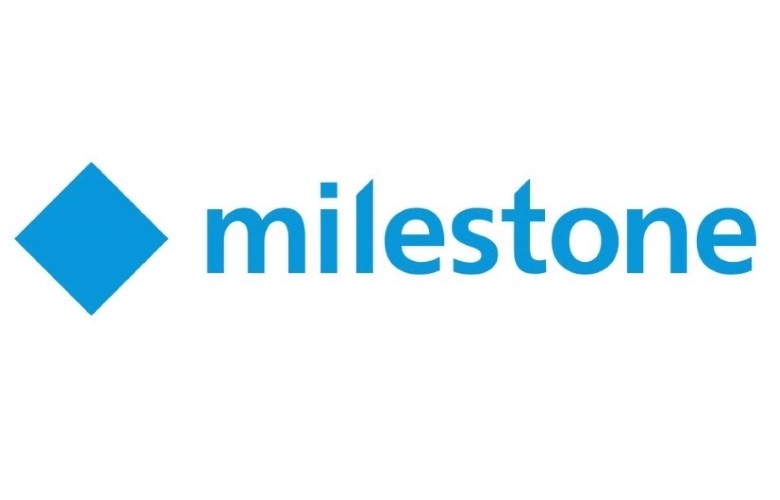With momentum rapidly accelerating around AI governance worldwide, Milestone Systems held press meetings during the opening day of ISC West, April 10, for timely discussions on balancing technology innovation and responsibility.
As an early champion of digital rights protections, Milestone Systems signed the momentous 2018 Copenhagen Letter urging stronger privacy safeguards during adoption of GDPR. Milestone Systems adopted the G7’s landmark Code of Conduct on Artificial Intelligence last year — becoming the first video management software company to align with internationally recognized principles for trustworthy AI development and use.
“We view upcoming regulations as an opportunity to strengthen responsible technology practices that respect civil liberties and human rights,” said Thomas Jensen, CEO. “True alignment requires collaboration between the private sector, policymakers, academia, and civil society. The decisions we all make today around responsible AI will impact generations to come.”
Milestone said its commitment to responsible AI includes researching societal implications, conducting internal testing, and monitoring products post-deployment. Furthermore, the company sad it strives to integrate ethical considerations throughout the development process to ensure accountability.
Security industry editors met with Thomas Jensen, CEO, Milestone, to discuss the rise of Responsible Technology governance worldwide, and how the industry must work to achieve public trust given AI’s increasing ability to extract insights from security data. A primary topic also included the critical role of human oversight in AI-assisted security systems.
“Right now, our industry has an urgent duty to take the lead in determining how AI technologies are developed to benefit society,” said Jensen. “Through dialogues such as these at ISC West, we aim to chart a principled path forward for video technology — one founded on safeguarding human rights.”
Milestone hosted these interviews on the heels of major regulatory moves such as the EU’s proposed AI Act seeking to curb harmful applications while enabling most beneficial use cases to flourish. The European Commission’s risk-based proposal categorizes AI systems based on their level of risk, with requirements and restrictions increasing accordingly.
The press meetings also followed President Biden’s Executive Order signed in October 2022 that intends to manage AI’s risks and impacts. While the US currently lacks comprehensive federal regulations, it is likely to follow the EU’s lead as pressure mounts to govern AI systems.
For more information, visit: milestonesys.com.






